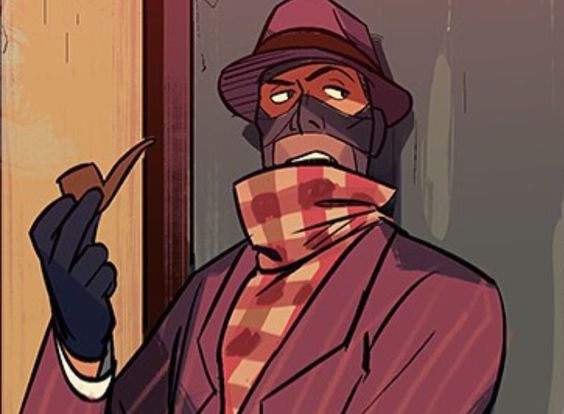Within the vast landscape of anime, certain archetypes consistently emerge, providing familiar yet endlessly adaptable frameworks for character creation. Understanding these archetypes helps us appreciate the recurring themes and character designs that have become synonymous with the medium.
The Stoic Protector
This archetype is characterized by a reserved demeanor, immense strength, and an unshakeable dedication to protecting others. They often speak little, letting their actions do the talking. Their inner turmoil is usually revealed through subtle expressions or moments of quiet contemplation.
- Examples: Levi Ackerman (Attack on Titan), Guts (Berserk), Kenshin Himura (Rurouni Kenshin - often a reluctant protector).
- Why they resonate: In a chaotic world, the idea of a silent guardian, someone who shoulders immense burdens without complaint, is deeply appealing. Their strength isn't just physical; it's a testament to their willpower and emotional fortitude. They represent a desire for order and security.
The Energetic Optimist
In stark contrast to the stoic protector, the energetic optimist is defined by their boundless enthusiasm, unwavering positivity, and often, a touch of naivety. They face challenges with a smile and inspire those around them through their sheer force of will and belief in a better future.
- Examples: Monkey D. Luffy (One Piece), Naruto Uzumaki (Naruto), Natsu Dragneel (Fairy Tail).
- Why they resonate: These characters embody the spirit of never giving up. Their infectious optimism can be a powerful antidote to cynicism, reminding viewers of the importance of hope and perseverance. They often achieve greatness not through innate talent alone, but through sheer determination and the ability to inspire loyalty.
The Brooding Anti-Hero
This complex character operates in shades of gray, often driven by past trauma, a thirst for revenge, or a cynical worldview. While they may possess heroic qualities, their methods are frequently questionable, and their internal struggles are paramount.
- Examples: Light Yagami (Death Note), Eren Yeager (Attack on Titan - later seasons), Lelouch Lamperouge (Code Geass).
- Why they resonate: Anti-heroes offer a more realistic portrayal of flawed humanity. Their moral ambiguity forces viewers to question their own beliefs and the nature of justice. They explore the dark side of ambition and the consequences of wielding immense power.
The Intellectual Strategist
These characters rely on their sharp minds, meticulous planning, and strategic brilliance to overcome obstacles. They may not always be the strongest physically, but their intellect is their greatest weapon.
- Examples: L (Death Note), Shikamaru Nara (Naruto), Senku Ishigami (Dr. Stone).
- Why they resonate: In a world that often celebrates brute force, the power of intellect is a compelling alternative. These characters demonstrate that cleverness, foresight, and problem-solving can be just as, if not more, effective than physical prowess. They appeal to the part of us that enjoys unraveling complex puzzles.
The Eccentric Genius
Often possessing unique quirks and unconventional approaches, these characters are brilliant in their respective fields, whether it's science, combat, or art. Their oddities are often intertwined with their genius, making them unpredictable and memorable.
- Examples: Rintarou Okabe (Steins;Gate), Hachiman Hikigaya (My Teen Romantic Comedy SNAFU), Killua Zoldyck (Hunter x Hunter - with his unique upbringing and skills).
- Why they resonate: Eccentricity can be a form of rebellion against conformity. These characters show that individuality is not only acceptable but can be a source of incredible talent and insight. They remind us that brilliance often comes in unconventional packages.

